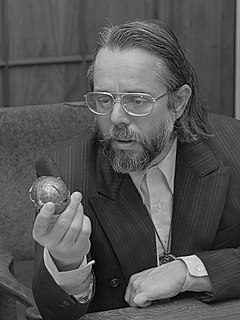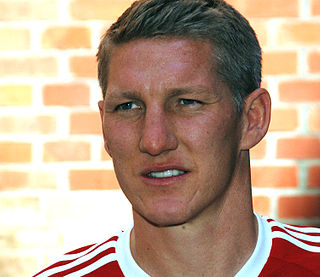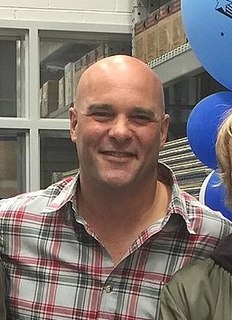A Quote by John Sculley
What makes Steve [Jobs'] methodology different from everyone else's is that he always believed the most important decisions you make are not the things you do, but the things you decide not to do. He's a minimalist.
Related Quotes
The linebacker has to make multiple, multiple decisions on every play. Not only what his assignment is and what the play is, but all the way along the line, different angles, how to take on blocks, how to tackle, the leverage to play with, the angle to run to and so forth, the technique. So many different things happen in a split second during the course of the play, just like it is for a quarterback. The more of those things that you can do right, slow down, get the most important things, not get distracted by all the stuff that's happening, but just really zero in on a target.
I do think Tim Cook is doing a very good job, I think he has almost impossibly big shoes to fill with Steve Jobs' departure. And so, that's the context always someone has to put things in. But, I do think that for the most part that Apple is at a point where it's much more focused on scale than on doing new things.
Most people look at their homes, and they are trying to decide what things cosmetically they want to do. When I go through a house and I make a decision about what we are going to do, I start with health and safety, followed by efficiency and longevity. It's really difficult because everyone has a different budget and situation.
The real question for me is, do people have the tools that they need in order to make those decisions well? And I think that it's actually really important that Facebook continually makes it easier and easier to make those decisions... If people feel like they don't have control over how they're sharing things, then we're failing them.
































